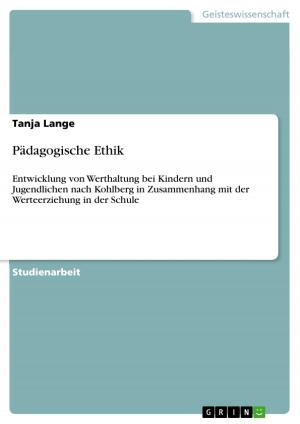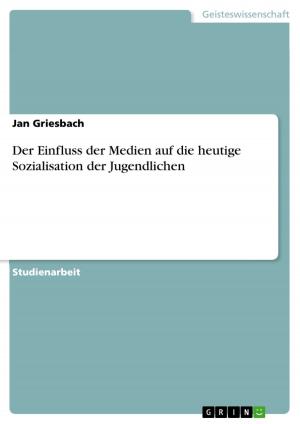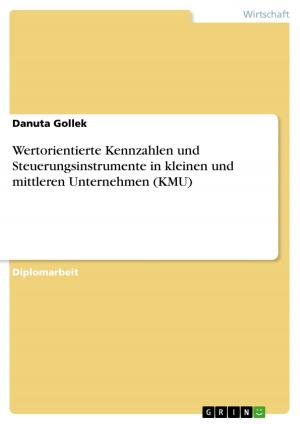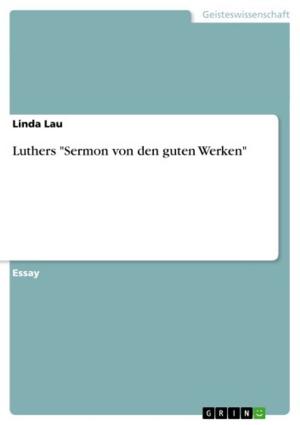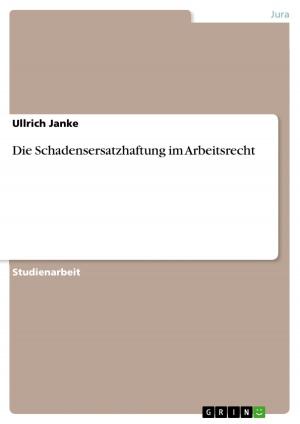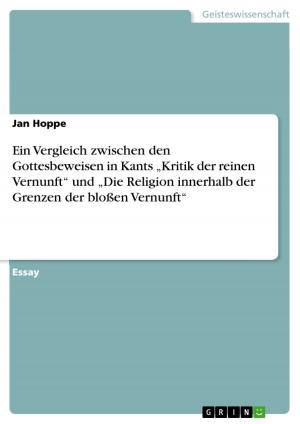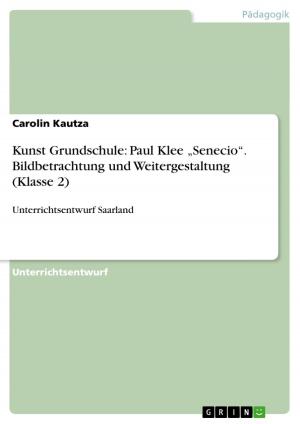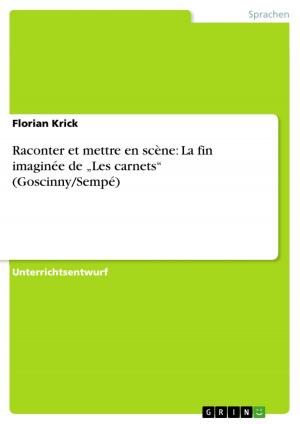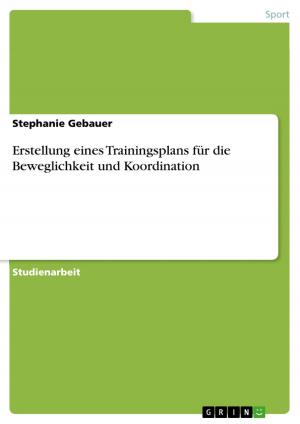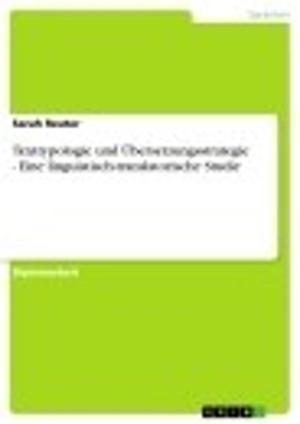Politics of sanctions. Impact of US and EU sanctions on the rights and well-being of Zimbabweans
Nonfiction, Social & Cultural Studies, Political Science, International, International Security| Author: | Chidiebere C. Ogbonna | ISBN: | 9783668026469 |
| Publisher: | GRIN Verlag | Publication: | August 5, 2015 |
| Imprint: | GRIN Verlag | Language: | English |
| Author: | Chidiebere C. Ogbonna |
| ISBN: | 9783668026469 |
| Publisher: | GRIN Verlag |
| Publication: | August 5, 2015 |
| Imprint: | GRIN Verlag |
| Language: | English |
Scientific Study from the year 2015 in the subject Politics - International Politics - Topic: Peace and Conflict Studies, Security, grade: 10, University of Jaume I (UNESCO Chair of Philosophy for Peace, Jaume I University, Spain), course: Master of Philosophy in Peace, Conflict and Development, language: English, abstract: Sanctions have been referred to by the United Nations as a 'tool for all seasons.' The rationale behind the imposition of economic sanctions is the hope to solve a conflict without mass suffering and other negative consequences associated with war. Thus sanctions are situated in lieu of warfare. Protagonist of sanctions perceive the measure to be a soft approach capable of compelling or pressuring an offender, mostly the government of a State to behave in line with the doctrine of the international community or the body imposing sanctions. Available empirical evidence shows that in general, sanctions have not been able to achieve its goals; instead their outcomes affect human security negatively. Against the humanitarian consequences of sanctions, the measure still maintains a favourable position in the 'tool kit' of international diplomacy. Concerned by lack of sufficient understanding of the grave human suffering that arises from economic sanctions, this book seek to fill this information gap. Using Zimbabwe as a case study, this book analysis the impact of sanctions on the human rights and well-being of the civilian population, particularly their impact on the vulnerable groups within the Zimbabwean societies. Although sanctions have become a norm in international relations, this book queries the compatibility of sanctions with international humanitarian law and other human rights treaties and conventions. It serves to awaken policy makers, politico-socio-economic analysts, researchers and global citizens on how sanctions violate basic human rights of civilians and put their well-being and social mobility in stagnant danger.
Chidiebere, C. Ogbonna is an activist, Peace facilitator and a writer. His educational background in Business and Peace studies has given him a broad base from which to approach many topics. He holds a Bachelor of Science (B.Sc, Hons) in Business Management from University of Calabar, (Nigeria). Another Bachelor in Business Administration (B.B.A) from Central Ostrobothnia University of Applied Sciences, (Finland). Master of Science (M.Sc) in International Management from Gotland University, (Sweden); Note: (Gotland University is now known as Uppsala University - Gotland Campus). Master of Philosophy (M.Phil) in Peace Conflict and Development from UNESCO Chair Philosophy for Peace, (Spain). A member of the American Marketing Association (AMA), American Society for Quality (ASQ) and Project Management Institute (PMI). Currently, he is a doctoral candidate at the UNESCO Chair Philosophy for Peace (Spain), researching on 'The role of sanctions in maintaining international peace and security and the protection of civilian rights and well-being.'
Scientific Study from the year 2015 in the subject Politics - International Politics - Topic: Peace and Conflict Studies, Security, grade: 10, University of Jaume I (UNESCO Chair of Philosophy for Peace, Jaume I University, Spain), course: Master of Philosophy in Peace, Conflict and Development, language: English, abstract: Sanctions have been referred to by the United Nations as a 'tool for all seasons.' The rationale behind the imposition of economic sanctions is the hope to solve a conflict without mass suffering and other negative consequences associated with war. Thus sanctions are situated in lieu of warfare. Protagonist of sanctions perceive the measure to be a soft approach capable of compelling or pressuring an offender, mostly the government of a State to behave in line with the doctrine of the international community or the body imposing sanctions. Available empirical evidence shows that in general, sanctions have not been able to achieve its goals; instead their outcomes affect human security negatively. Against the humanitarian consequences of sanctions, the measure still maintains a favourable position in the 'tool kit' of international diplomacy. Concerned by lack of sufficient understanding of the grave human suffering that arises from economic sanctions, this book seek to fill this information gap. Using Zimbabwe as a case study, this book analysis the impact of sanctions on the human rights and well-being of the civilian population, particularly their impact on the vulnerable groups within the Zimbabwean societies. Although sanctions have become a norm in international relations, this book queries the compatibility of sanctions with international humanitarian law and other human rights treaties and conventions. It serves to awaken policy makers, politico-socio-economic analysts, researchers and global citizens on how sanctions violate basic human rights of civilians and put their well-being and social mobility in stagnant danger.
Chidiebere, C. Ogbonna is an activist, Peace facilitator and a writer. His educational background in Business and Peace studies has given him a broad base from which to approach many topics. He holds a Bachelor of Science (B.Sc, Hons) in Business Management from University of Calabar, (Nigeria). Another Bachelor in Business Administration (B.B.A) from Central Ostrobothnia University of Applied Sciences, (Finland). Master of Science (M.Sc) in International Management from Gotland University, (Sweden); Note: (Gotland University is now known as Uppsala University - Gotland Campus). Master of Philosophy (M.Phil) in Peace Conflict and Development from UNESCO Chair Philosophy for Peace, (Spain). A member of the American Marketing Association (AMA), American Society for Quality (ASQ) and Project Management Institute (PMI). Currently, he is a doctoral candidate at the UNESCO Chair Philosophy for Peace (Spain), researching on 'The role of sanctions in maintaining international peace and security and the protection of civilian rights and well-being.'


